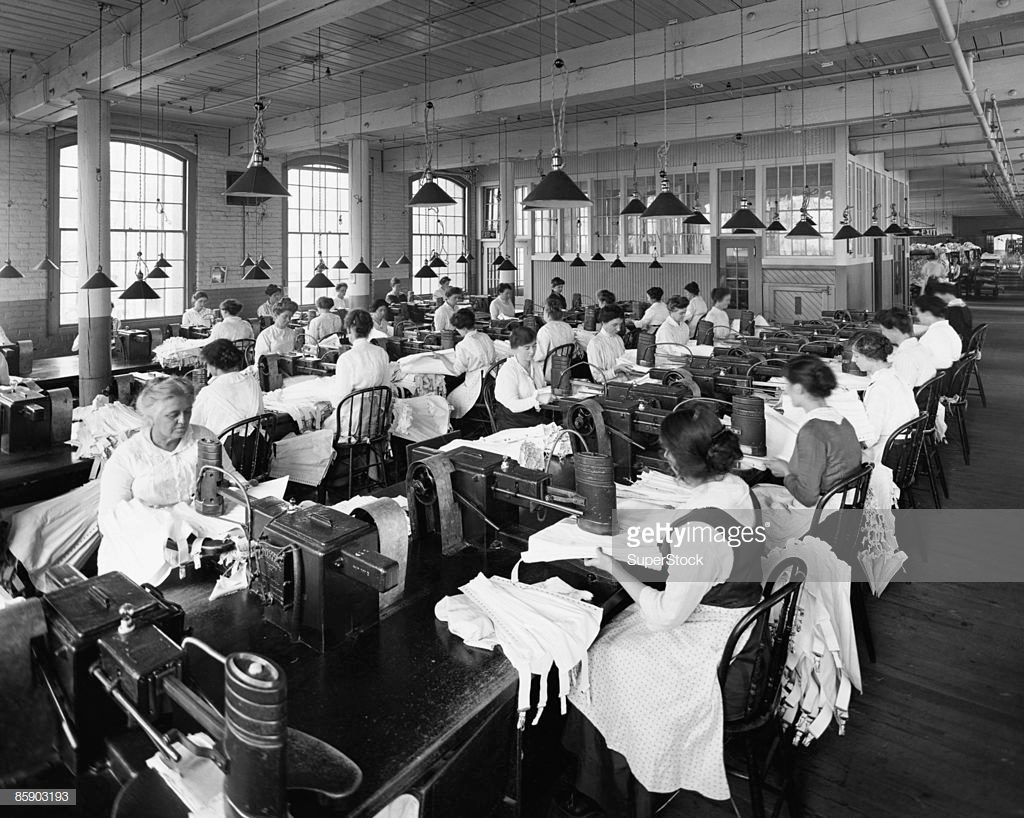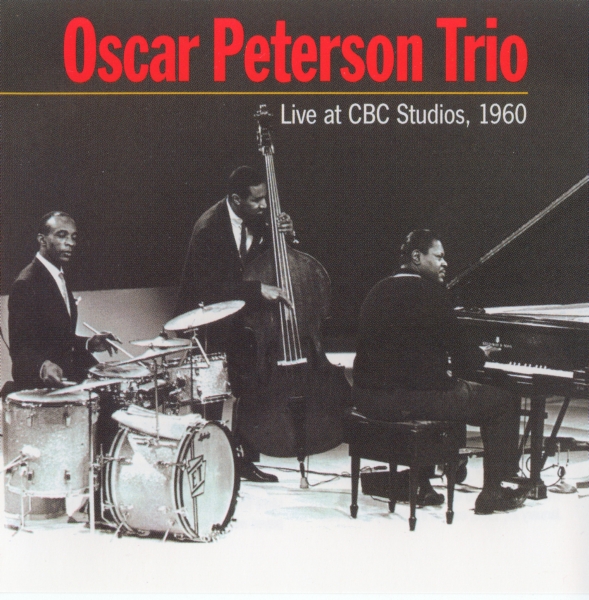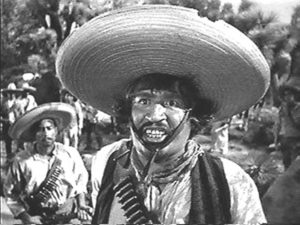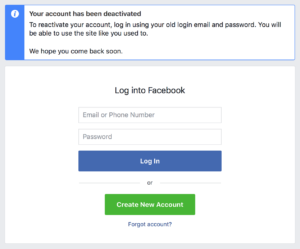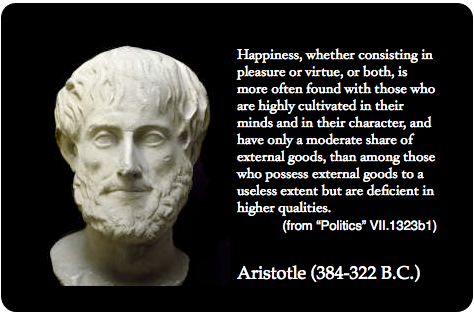I’ve been meaning to read this for years and finally got around to it during these holidays. It’s one of those stories that reverberates, in a disorienting way, for a couple of days after you’ve finished it. Here are some of the bits that struck me from the third part, Ghost Road:
Page 134:
‘Mate’ in all the dictionaries was translated as ‘dead’. ‘No mate,’ Rivers said, breathing deeply and pointing to Mbuko’s chest. There and then, across the dying man, he received a tutorial, not unlike those he remembered from his student days in Bart’s. Mate did not mean dead, it designated a state of which death was the appropriate outcome. Mbuko was mate because he was critically ill. Rinambesi, though quite disgustingly healthy, still with a keen eye for the girls, was also mate because he’d lived to an age when if he wasn’t dead he damn well ought to be.
Page 143:
Hallet came from an old army family and had been well and expensively educated to think as little as possible;
Page 207:
Though it might seem callous or frivolous to say so, head-hunting had been the most tremendous fun and without it life lost almost all its zest. This was a people perishing from the absence of war.
Page 229:
Rivers wondered whether Sassoon and Harrington had been too much in the forefront of his mind while he was listening to Wansbeck. At best, on such occasions, one became a conduit whereby one man’s hard-won experience of self-healing was made available to another. At worst, one no longer listened attentively enough to the individual voice.
This last one made me think of my own work. As a younger teacher, I approached every student without preconceptions. Now, all these years later, I have the benefits, but also the risks, of experience. I have to remind myself sometimes that, even if the face reminds me of other students and the behaviour reminds me of other students, the student in front of me is not those other students.



